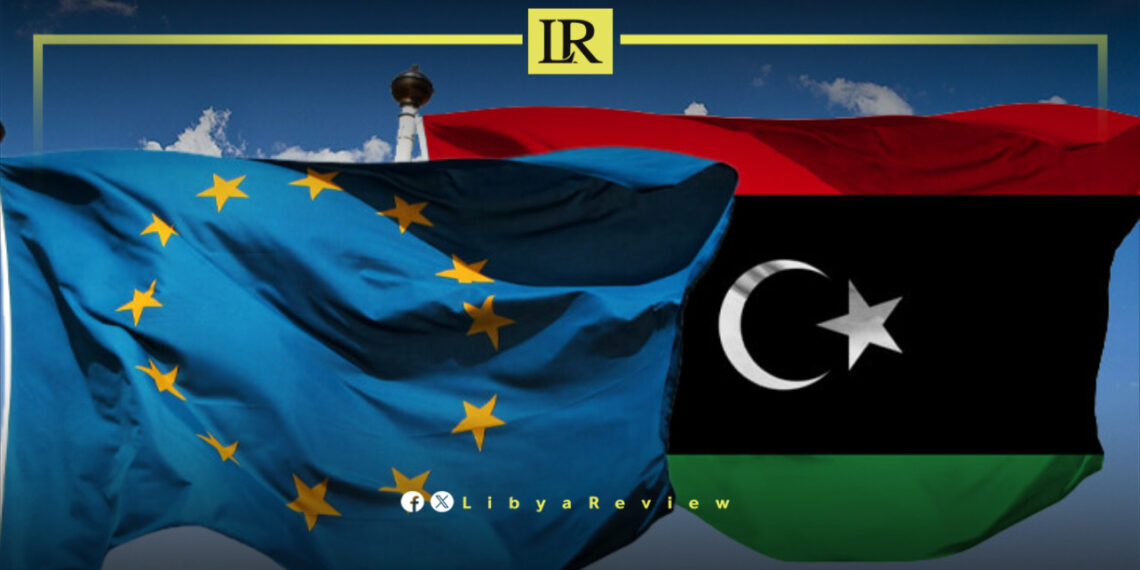The European Commission is hosting, for the first time, officials from both of Libya’s rival government, the Tripoli-based Government of National Unity and the eastern administration appointed by the House of Representatives in Benghazi, for high-level talks on irregular migration.
The meetings come amid rising concern in Brussels over the growing number of migrants crossing from Libya to Europe through the Central Mediterranean.
According to the European network EU News, representatives from both Libyan authorities will meet with senior officials from the European Commission and Frontex, the EU’s border and coast guard agency, on October 14 at Frontex headquarters in Warsaw. Further discussions will be held in Brussels on October 15 and 16.
European sources have described increasing anxiety within the EU institutions as migration flows from North Africa surge once again. Frontex data show that Libya remains the main departure point across the Mediterranean, with a 50 percent increase in crossings from Libyan shores recorded during the first nine months of 2025 compared to the same period in 2024.
Between January and September this year, Italian authorities registered 50,900 migrant arrivals via the Central Mediterranean route — a two percent rise over last year. Despite declines in other migration corridors, the Libyan route continues to account for around 40 percent of all irregular entries into Europe.
The meetings in Warsaw and Brussels aim to establish new channels of coordination between the EU and both Libyan governments, whose cooperation is seen as essential for effective migration management. The discussions follow a period of strained relations, particularly after a European delegation, including migration commissioner Magnus Brunner and senior Italian and Greek officials, was expelled from Benghazi in July.
EU officials hope that the upcoming talks will help rebuild trust and strengthen coordination on migration control, search and rescue, and humanitarian support — key issues as Europe faces renewed migratory pressure from North Africa.


